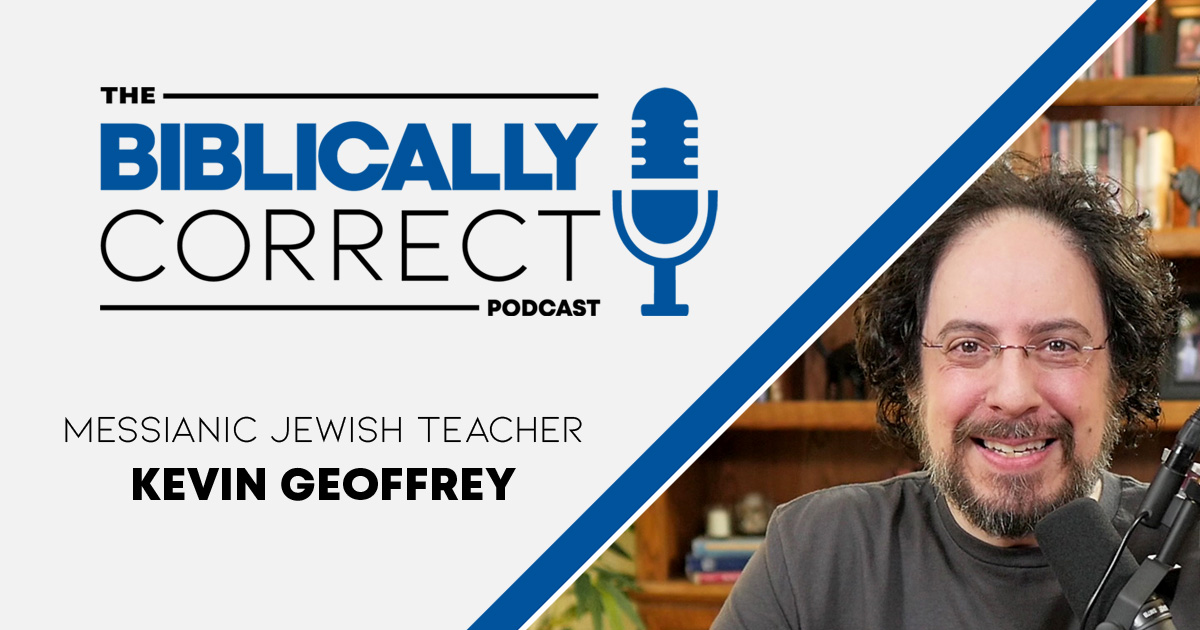Why We Need “Context” to Understand the Bible
We see it in the news all the time: a politician is quoted as saying something incorrect or offensive; a video captures something blatantly racist or unjust. But only later do we find out that what was reported was only part of the story. When we learn more about what was said or what happened—both immediately before and after what seemed so offensive or unjust—it often turns out that those short clips were taken out of context. Then, once we see everything in context—with all the surrounding facts and information—it completely changes our understanding. Or, at least, it should.
Whenever we come in in the middle of something—a conversation, a fight, a story—we’re missing context: the words or actions that precede or follow whatever it is we’re witnessing or trying to understand. Everything we do, see, hear and say has a context—it has a broader setting than what we’re seeing at that moment—and when we ignore or are unaware of that context, nearly everything can be misconstrued. And this is especially true if we are looking through the lens of our predetermined biases or agendas.
Consider, then, the Bible—a wholly unique book, written over about a 1,500 year period by about 40 different authors more than 2,000 years ago. Even with the limited amount of information we have on the biblical authors, the composition of the Bible itself ought to remind us that we are hardly its primary audience. So when we try to impose our modern ideas and sensibilities upon this ancient book such that we color its meaning, we are instantly taking the Scriptures out of context.
But despite its diversity of authors covering an enormous time span, the Bible is actually an amazingly unified book. Therefore, the nature of the Bible itself—as the written word of God—demands that each writer and each book be considered in the larger context of all the others. If we were looking at forty completely independent, uninspired authors, their agreement or disagreement with one another would be irrelevant. But as books of the Bible—as what we believe to be the finalized communication from God to man in written form—the different parts of the book must be in harmony.
This means that the Bible as a whole—and the individual books of the Bible and their authors—forms the Bible’s larger context. However, the more immediate context for anything we read comes from the text that is closer in proximity. In other words, each book of the Bible provides context for each of its chapters, and each chapter provides context for each of its verses. Therefore, no single verse or phrase or word exists in a vacuum—it must be considered alongside the words, phrases, sentences, paragraphs and chapters that surround it, as well as the author’s frame of reference, other things he may have written, who the author was, when and why he was writing, and everything else that the Scriptures have to say on the subject.
Considering context is not only helpful but absolutely necessary both for avoiding superficial, self-oriented readings of a verse or passage, as well as for the correction of misunderstandings based on bad doctrine or preconceptions. Without context, we may as well be pulling all our understanding out of thin air.
Did this post bless you?
♥
The Bible is simple to understand—not necessarily easy or without some work, but simple. Yet it’s not a theological textbook with its ideas systematically laid out for us to linearly learn and consume, and this also makes it easy to misunderstand. While it is often sufficient to read just a little bit before and a little bit after a passage or verse to get a better sense of the context, sometimes it can require much more work. This is why there’s no substitute for simply being very familiar with the whole Bible—being dedicated to reading and re-reading it as if your life depended on it—because it does.
Just as context is crucial to understanding life, it is equally as essential for comprehending God’s word. In fact, it is impossible to fully understand the Bible without it.






Leave a Reply
Want to join the discussion?Feel free to contribute!